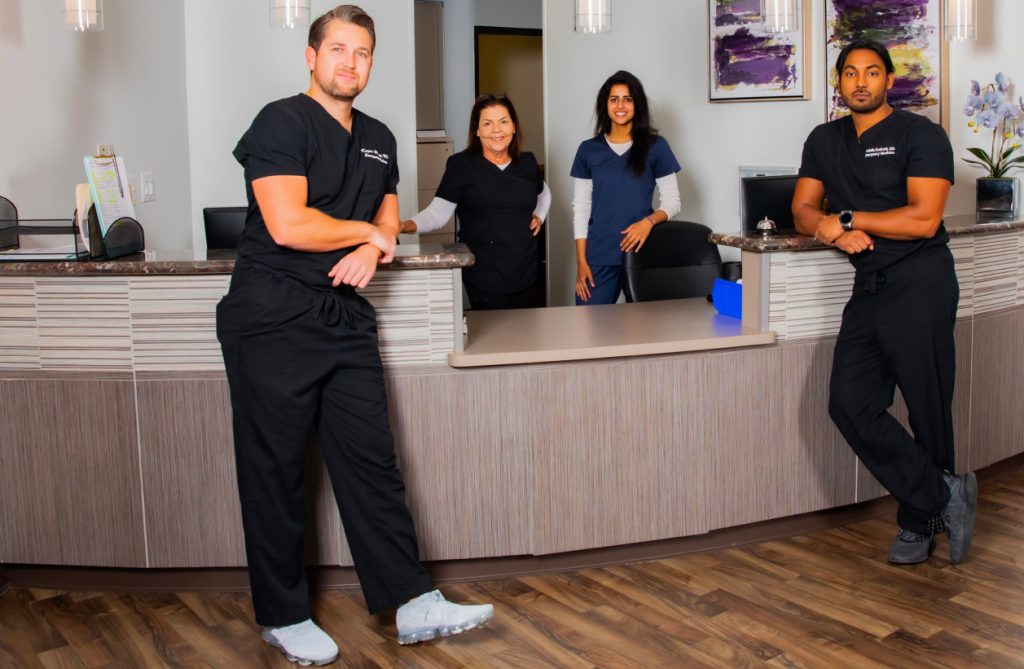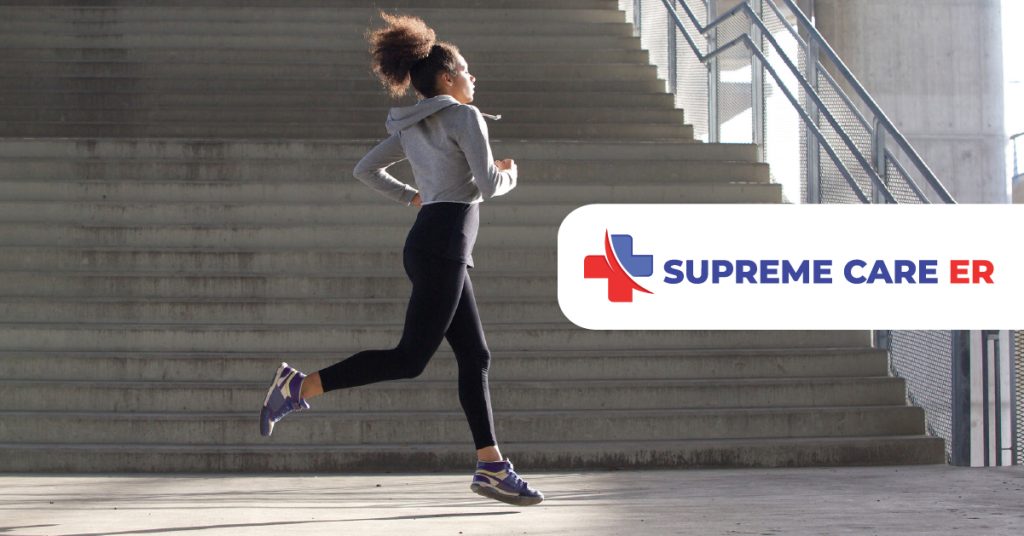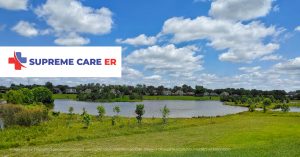Warning Signs of a Heart Attack
Heart attacks are one of the most common forms of heart disease. In America, one person suffers a heart attack every 40 seconds.
Heart attacks are time-sensitive emergencies. The more time passes without treatment to restore blood flow to the heart, the greater the damage. That is why learning to recognize the warning signs can help save lives.
At Supreme Care ER the finest emergency room in Jersey Village near Cypress Texas, we’re happy to provide you with the emergency care that you need in the event of a medical emergency.
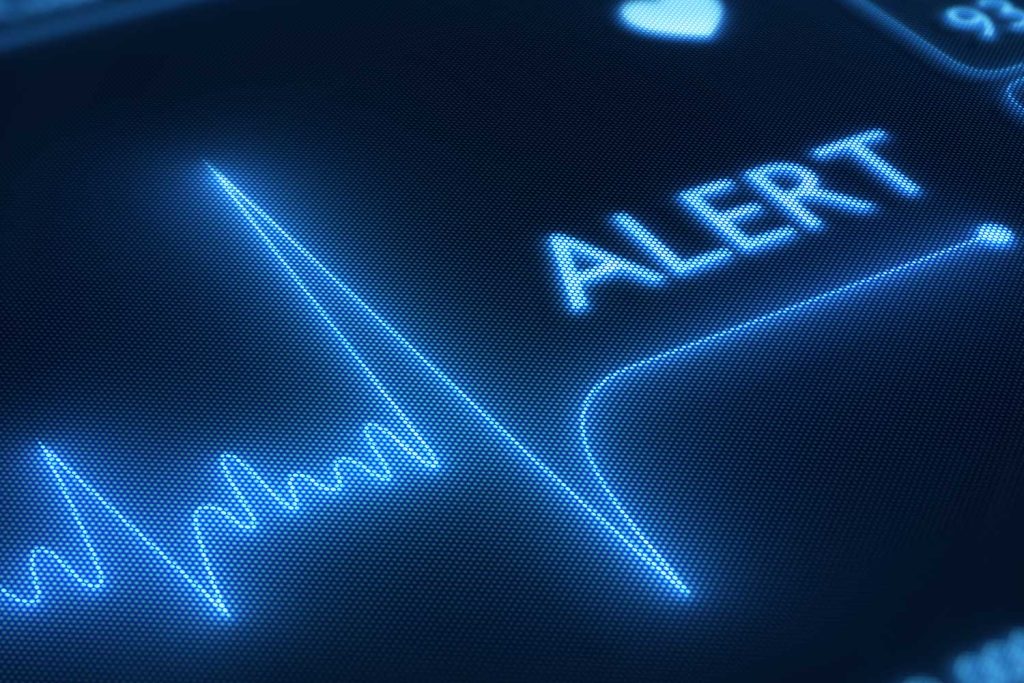
What is a Heart Attack?
A heart attack happens when blood flow to parts of the heart becomes blocked or reduced. Most blockages are due to fatty buildup, cholesterol, and other substances in the coronary arteries in the heart.
When the tissue in the heart muscle doesn’t get enough blood, it starts to die, causing permanent damage or death.
Warnings Signs You Shouldn’t Ignore
Not all heart attacks are sudden and intense. Some start slowly, presenting mild symptoms like pain and discomfort.
Please listen to your body and seek immediate medical help if you experience the following:
Chest Pain or Discomfort
Pay attention to any discomfort or pain in your chest area that lasts more than a few minutes, especially in the center or the left side of your chest.
The pain and discomfort can go and come and often feels like uncomfortable pressure, squeezing, or a sense of fullness.
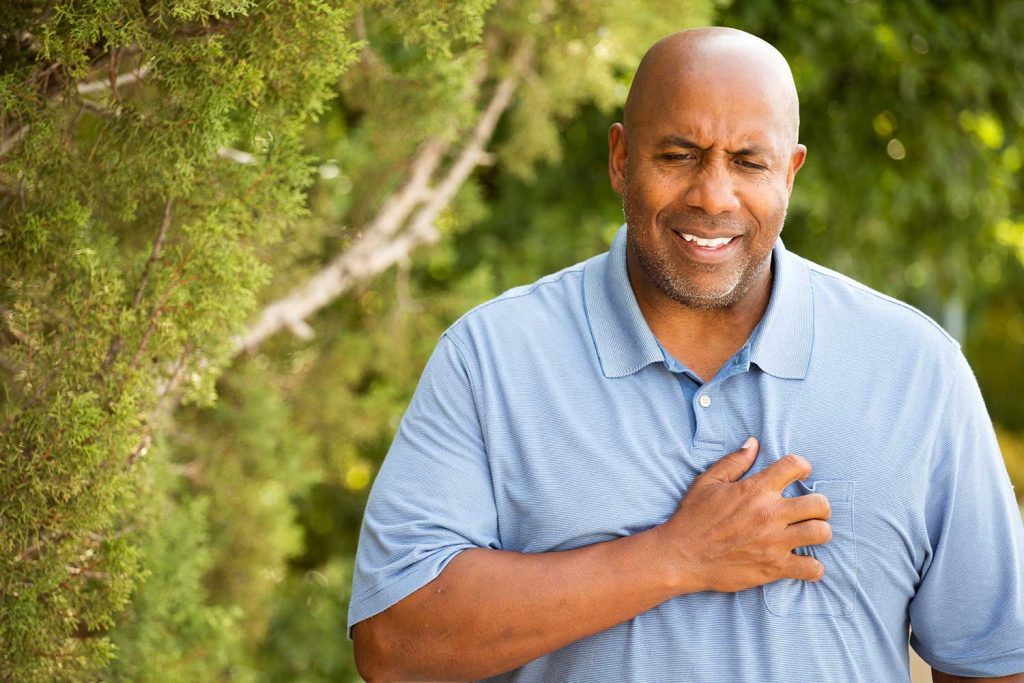
Feeling Weak or Faint
Many patients experience light-headedness, generalized weakness, or feeling faint. Some patients also break out into a cold sweat.

Pain or Discomfort in Other Areas of Your Upper Body and Torso
A heart attack can also cause pain or discomfort that radiates from your chest to one or both arms, shoulders, neck, back, jaw, or stomach.
Shortness of Breath
Difficulty breathing often presents itself, along with chest discomfort. However, shortness of breath can also happen before you experience chest pains or discomfort.
Other Common Symptoms
Unexplained tiredness, nausea, or vomiting could also be warning signs of a heart attack, especially in women.
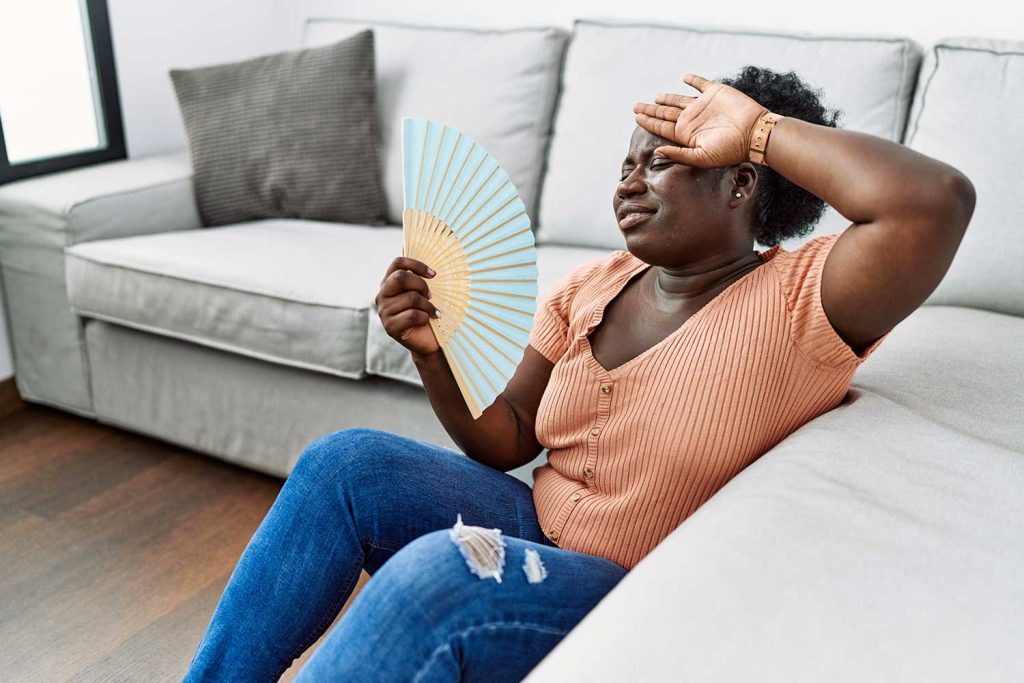
When to Seek Emergency Medical Help
If you think you or someone you know is having a heart attack, don’t delay; call 911 immediately. If emergency medical services are unavailable, drive the patient to the nearest emergency room. If you are the one experiencing symptoms, avoid driving yourself to the ER, as this can place your life and that of others in danger. Instead, call 911 or ask someone to take you to the nearest emergency room. At Supreme Care ER, we offer patients online check-in services. This is especially important in time-sensitive emergencies like heart attacks. Checking in online allows our staff to prepare and meet you at the door so you can receive treatment faster.

Where to go in Case of an Emergency?
At Supreme Care ER, our doors remain open to provide the very best ER care for you and your family.
